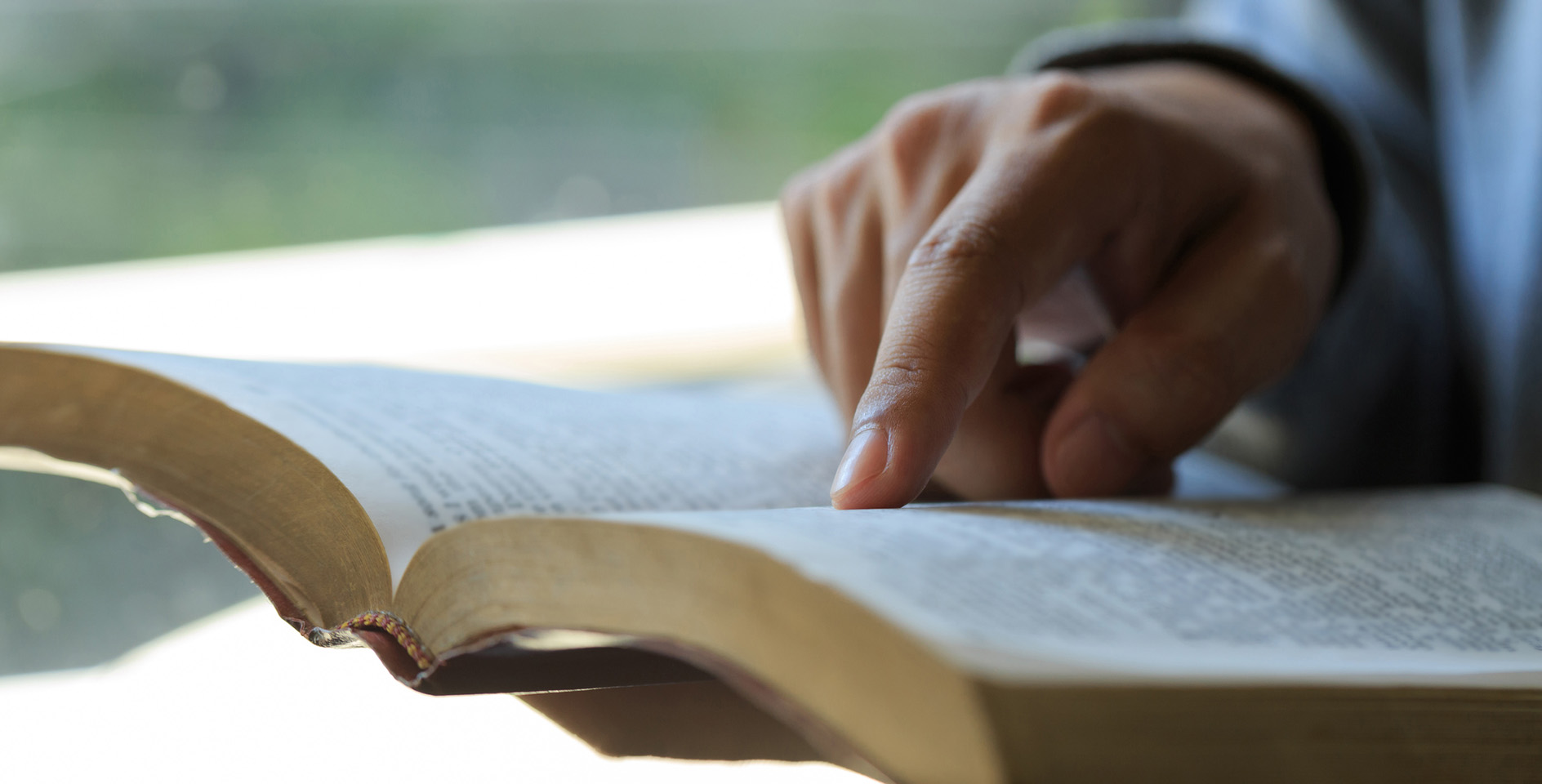Editor’s Note: The following essay is part of a symposium on The Federalist Papers and the future of American leadership, sponsored by the John Jay Institute’s Center for a Just Society.
Dr. Joseph Postell has done us all a service with his erudite treatment of the putative choice conservatives face in determining whether to ground their views on tradition and experience or abstract reason and cold rationality. Such a choice is indeed a false one, as Postell ably shows in drawing from the Federalist Papers. It is difficult to think of many founding documents or popular tracts or sermons that would fit into what we today might describe as the analytical and abstract philosophical tradition. The Declaration of Independence, after all, supports its theoretical claims for universal human rights with a laundry list of real-world violations committed by an actual King with a real-life army and navy.
Moreover, it’s unclear what a reliance on pure experience or tradition could even mean without the principles of natural law or religious thought to guide our interpretation. Thomas Jefferson and Thomas Paine drew very different lessons from what they read of the experiences of the French Revolution than did John Adams. Neither experience nor tradition can, in themselves, determine for us whose interpretation was correct. That our own experiences play a central role in developing our moral judgment and character is undeniable. To then suppose that experience can determine the soundness of our moral judgment and character is to make a category mistake. If experience is the least fallible guide it must be experience as interpreted by practical reason.
All this is prelude to a consideration that bolsters Dr. Postell’s main contention that we here face a both/and as opposed to an either/or with regard to the experience or reason debate. For if there is any philosopher who can be considered “America’s philosopher,” it is the English natural rights theorist John Locke. And contrary to some readings of Locke that paint him as an uber-rationalist, Locke himself touted the crucial role that experience and social expectations must play in the inculcation of virtue in educating a nation’s youth.
While much of Locke’s thought remains hotly contested ground, that he was influential for the founding generations is incontrovertible. Regardless of whether one agrees with this or that facet of Locke’s thought, he was enormously influential in helping to craft the political culture we now inhabit. There are several reasons Locke is often referred to as “America’s Philosopher”.
First are the many central ideas that inform the American political tradition that are closely associated with Locke’s thought. We find many of these ideas in Locke’s seminal political work, Two Treatises of Government, and they include: limited government, the social contract, the state of nature, natural rights, the importance of the individual, separation of powers, and the legitimacy of a government being tied to the consent of the governed. These ideas are so fundamental to American political thought that we often take them for granted. Locke also was extremely influential in the field of education, epistemology, and religious toleration. Locke was not the first to articulate many of these ideas, nor was his view always the most robust. Thomas Hobbes also posited a state of nature and a social contract, and Montesquieu is better known for his fuller treatment of the separation of powers. Yet there is no one philosopher who put these various ideas together in such an influential and persuasive way.
It is therefore not surprising to also learn of Locke’s many connections with America and his influence on the founding generation. Not only did Locke’s works often reference America, but he also served on the committee that drafted the first constitution for the Carolinas. He was widely read by the founding fathers, and only the most charitable of interpreters would deny that Thomas Jefferson borrowed liberally from Locke in drafting the Declaration of Independence. Moreover, after the Bible, John Locke was the most cited source in the Americas from 1760 to 1780.[1] Locke’s reputation as a significant influence on the Western political tradition in general and American political thought in particular is well-deserved.
But was he the arch-individualist and pure rationalist that some describe him as? Is he Pangle or Oakeshott’s Rationalist? It is certainly true that Locke strongly criticized an unconscious reliance on received tradition, experience and history. Yet Locke’s own more theoretical works do reference history and examples,[2] and in another work of his he explicitly calls on experience and custom to work hand-in-hand with reason and revelation.
Less well-known among Locke’s works was the widespread popularity of his Thoughts on Education,[3] a best-seller on both sides of the Atlantic and influential not only in the American literature of the day,[4] but in the actual practices of educating America’s young. Josiah Quincy, congressman, mayor of Boston, and president of Harvard described Locke during his childhood as the “great authority at that time on all subjects,” which included education. Appropriately, then, Mrs. Quincy would begin young Master Quincy’s morning from age three by dunking him three times in cold water, in winter and in summer, “in obedience to some suggestions of the bachelor philosopher.”[5]
More important than these polar bear plunges for our purposes is Locke’s overall program for educating the young. Locke connected education with service to country, calling it “every man’s indispensable duty.” Of those who disagree with the importance of education and its link to the health of one’s country, Locke wrote that he could not distinguish such men from their cattle.
How then, did Locke advise parents to raise their children so as to they will have had good “habits woven into the very principles of his nature”? (31) With a nod toward brevity, we can discern three lessons from Locke that illustrate the both/and nature of practical reason and experience, tradition, and community custom.
First, for all of his modern reputation Locke follows Aristotle in teaching that speculative reasons and rules are powerless to influence people without a prior training in virtue and habits. And habits are acquired by repeated actions, the experience of which grafts the habit into the character of the child.
What was groundbreaking in Locke’s book was the relative unimportance he gave to academic concerns like Latin and the centrality he placed on virtue. Locke emphasized the immense power of custom and habit. While elsewhere Locke implores his readers to avoid unconscious reliance on custom and tradition, when it comes to human beings who cannot yet reason, inculcating character and habits via custom is absolutely crucial.[6]
“The great thing to be minded in education,” Locke writes, “is what habits you settle: and therefore in this, as all other things, do not begin to make anything customary the practice whereof you would not have continue and increase.” (19) Instilling the right habits through custom, repetition, and example teaches what Locke calls “the great principle and foundation” of virtue and worth because the student “is able to deny himself his own desires, cross his own inclinations, and purely follow what reason directs as best though the appetite lean the other way.” (25)
Secondly, this training in virtue is communal and practical rather than individualistic and speculative. The virtuous citizen cannot become so by isolating himself with his books and deep analytical thinking. And even rules and reason by themselves and taught by parents will not be enough. Like modern parents, Locke cares a great deal about the sort of friends young people have. After all, we become like those with whom we spend time, or as Locke puts it, “We are all a sort of chameleons that still take a tincture from things near us . . .” (67)
Locke, again following Aristotle and the Christian tradition, sees education as training children up to have the proper responses to the proper stimuli, and Locke insists this is better done by example than merely cogitating on moral principles. Locke writes that “the beauty or uncomeliness of many things in good and ill breeding will be better learned and make deeper impressions on them in the examples of others than from any rules or instructions can be given about them.”[7] Locke encourages these examples to be found not only in neighbors and family members, but in literature and stories (e.g., Aesop’s fables), and Holy Writ; he explicitly recommends readings the accounts of Joseph and his brothers, David and Goliath, David and Jonathan, and the gospels. Divine revelation too is a source of wisdom.
Third, and finally, Locke’s most important means for inculcating a love of virtue is through the use of praise, blame, and reputation. Locke proposes that parents refrain from corporal punishment and instead offer their children verbal praise or disapproval depending on their actions, writing that “Esteem and disgrace are, of all others, the most powerful incentives to the mind, when once it is brought to relish them,” and “if you can once get into children a love of credit and an apprehension of shame and disgrace, you have put into them the true principle, which will constantly work and incline them to the right.” (36)
The first and most intimate social circle that will enact Locke’s praise-and-blame strategy is the immediate family, namely the parents. Yet Locke means for the audience to be wider than the mere household, as he encourages parents to discipline in private but “the commendations children deserve, they should receive before others.” Moreover, Locke’s heavy emphasis on manners and civility hint that he sees this education and this social pressure as something more than just private and individualistic. It will depend on shared custom, culture, tradition, and experience. And such an education will create the conditions in which right reason coupled with tradition and experience, applied to the lived realities of human beings in particular places and with particular problems, can cultivate and maintain virtue and citizenship for the common and individual good.
Locke’s vision for education, along with the Founders’ vision for the American experiment in ordered liberty, cannot be relegated to a merely historical debate cordoned off from contemporary application or concern. For we live in the world they helped create, and their assumptions and arguments about virtue, the common good, right reason, tradition, and experience remain relevant if only because they pertain to a view of what it means to be human and what it means to live well.
[1] Donald Lutz, “The Relative Influence of European Writers on Late Eighteenth-Century American Political Thought”, The American Political Science Review, Vol. 78, No. 1 (Mar., 1984), pp. 189-197.
[2] In the Second Treatise, chapter 2, section 14, Locke explicitly links his articulation of the state of nature with history and examples, combining here a universal application of morality (keeping promises) with particular historical examples:
The promises and bargains for truck, &c. between the two men in the desert island, mentioned by Garcilasso de la Vega, in his history of Peru; or between a Swiss and an Indian, in the woods of America; are binding to them, though they are perfectly in a state of nature, in reference to one another: for truth and keeping of faith belongs to men as men, and not as members of society.
[3] Some Thoughts Concerning Education and On the Conduct of the Understanding, ed. Ruth W. Grant and Nathan Tarcov (Indianapolis: Hackett Publishing Company, 1996). Subsequent citations will refer to page numbers.
[4] See Jay Fliegelman, Prodigals and pilgrims: The American revolution against patriarchal authority 1750-1800 (Cambridge: Cambridge University Press, 1985). In this work Fliegelman finds explicit Lockean themes of “coming of age” in several popular best-sellers.
[5] From The Life of Josiah Quincy, 1772-1863, by Edmund Quincy.
[6] Thoughts, 18, “You cannot imagine what force custom is . . .”
[7] Ibid., 82. Also from that section, “But, of all the ways whereby children are to be instructed, and their manners formed, the plainest, easiest, and most efficacious, is to set before their eyes the examples of those things you would have them do or avoid.”










